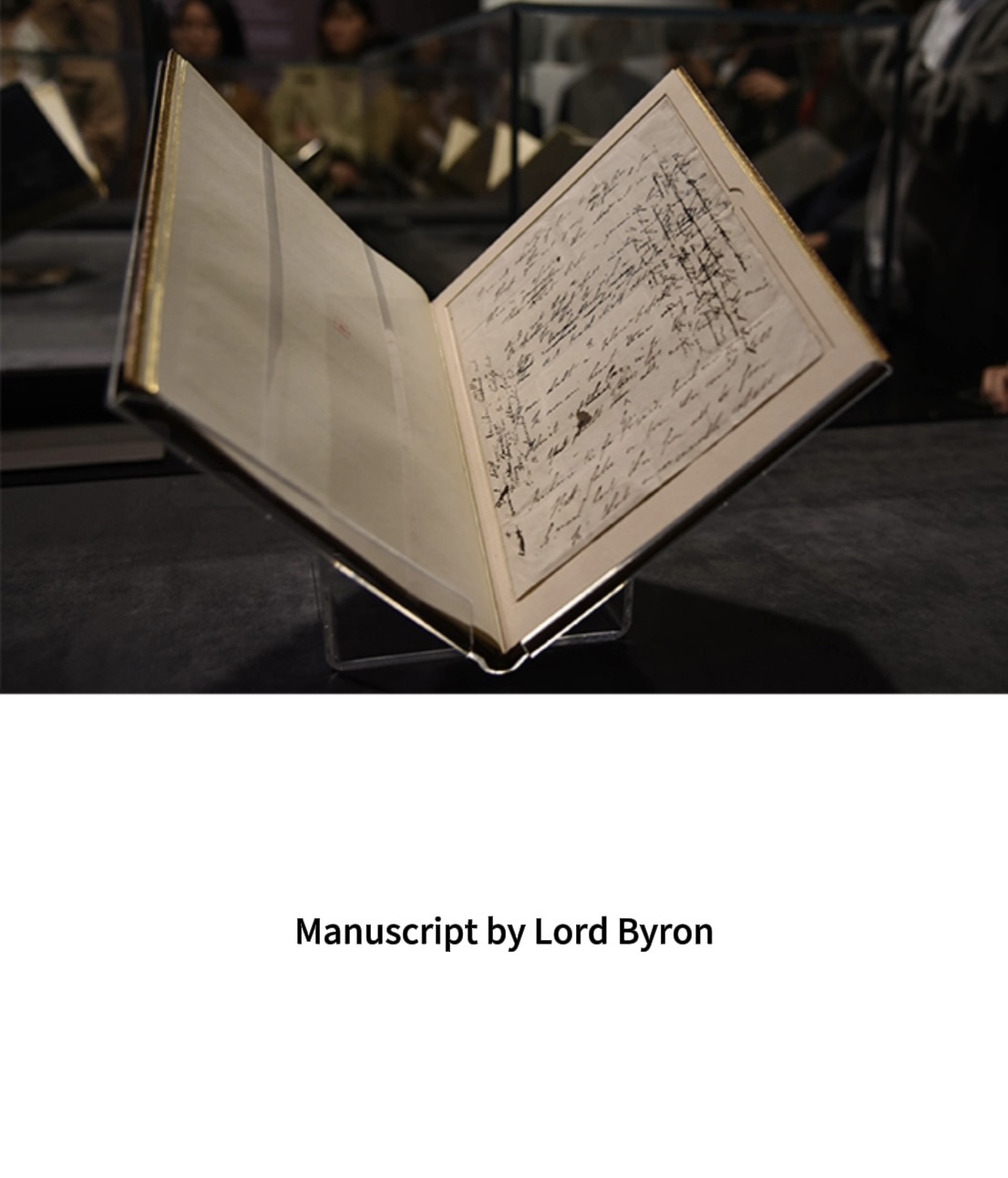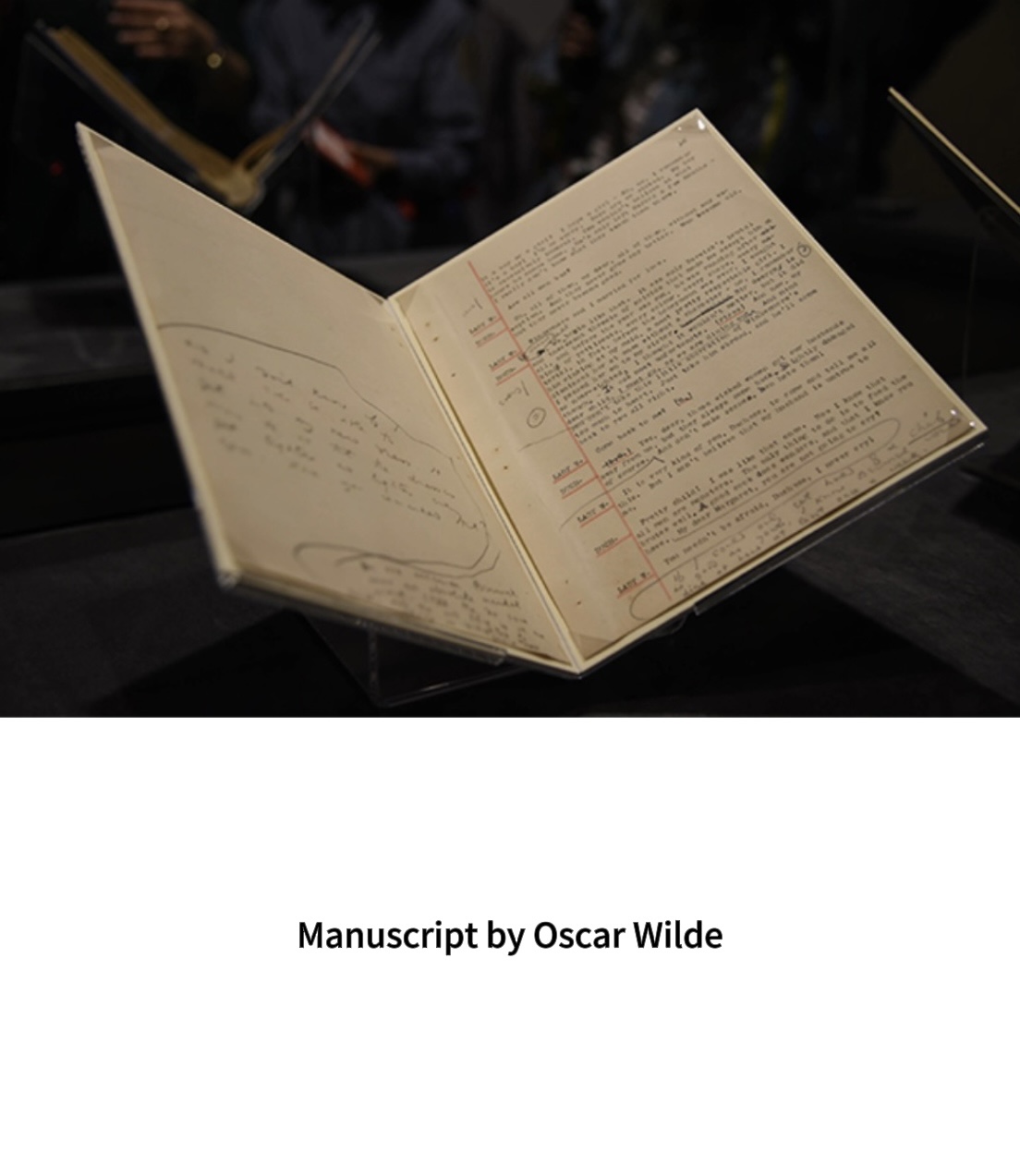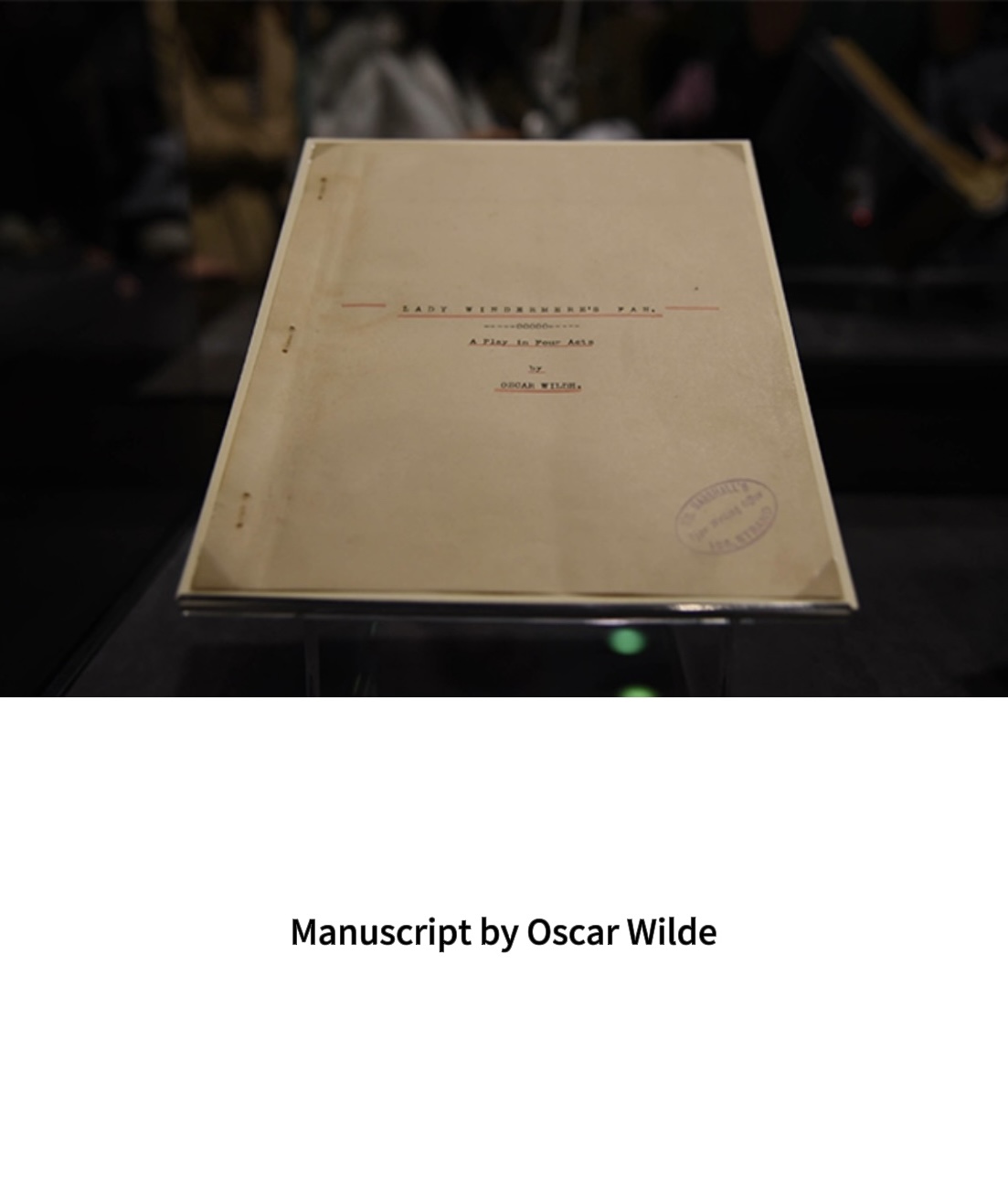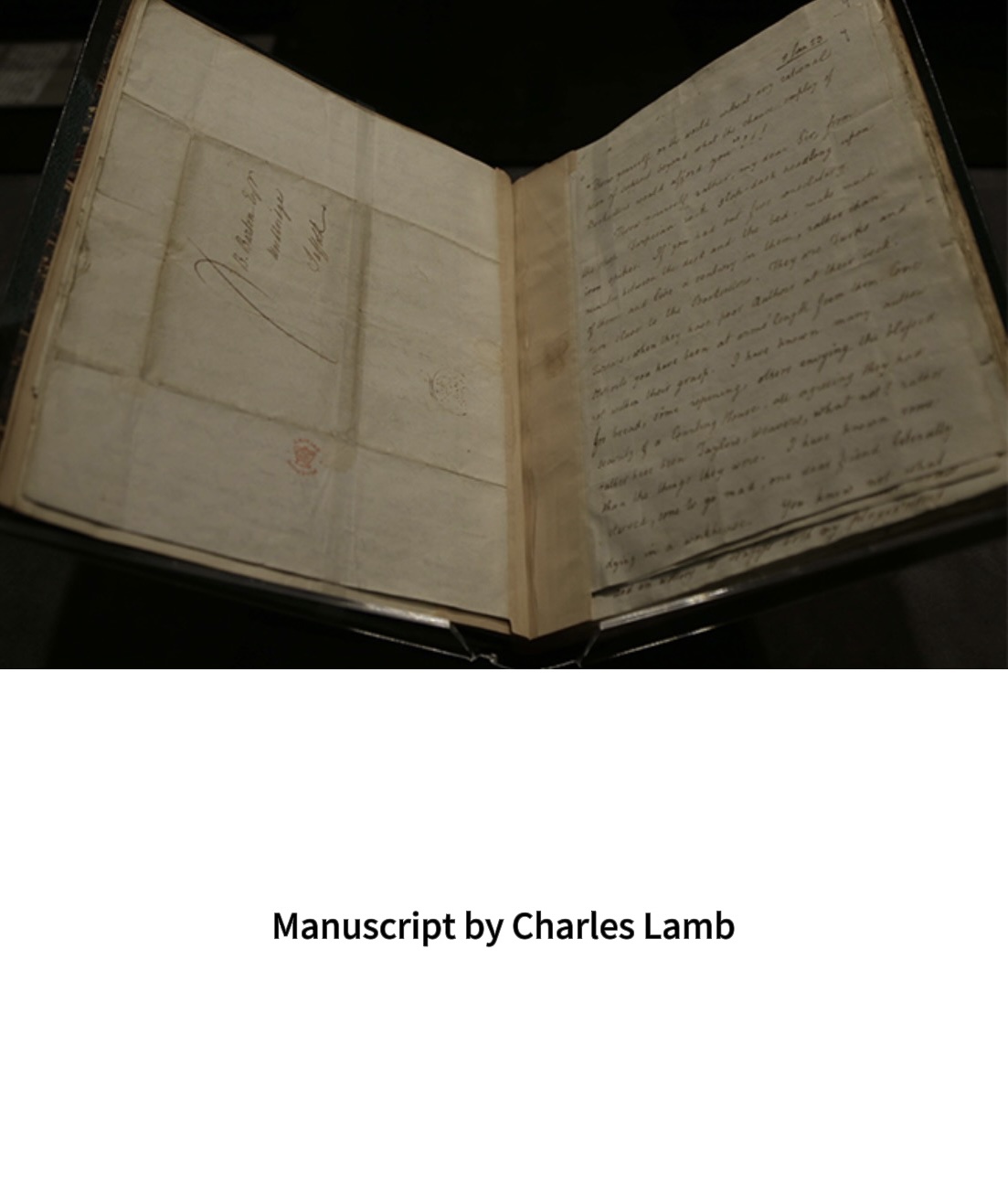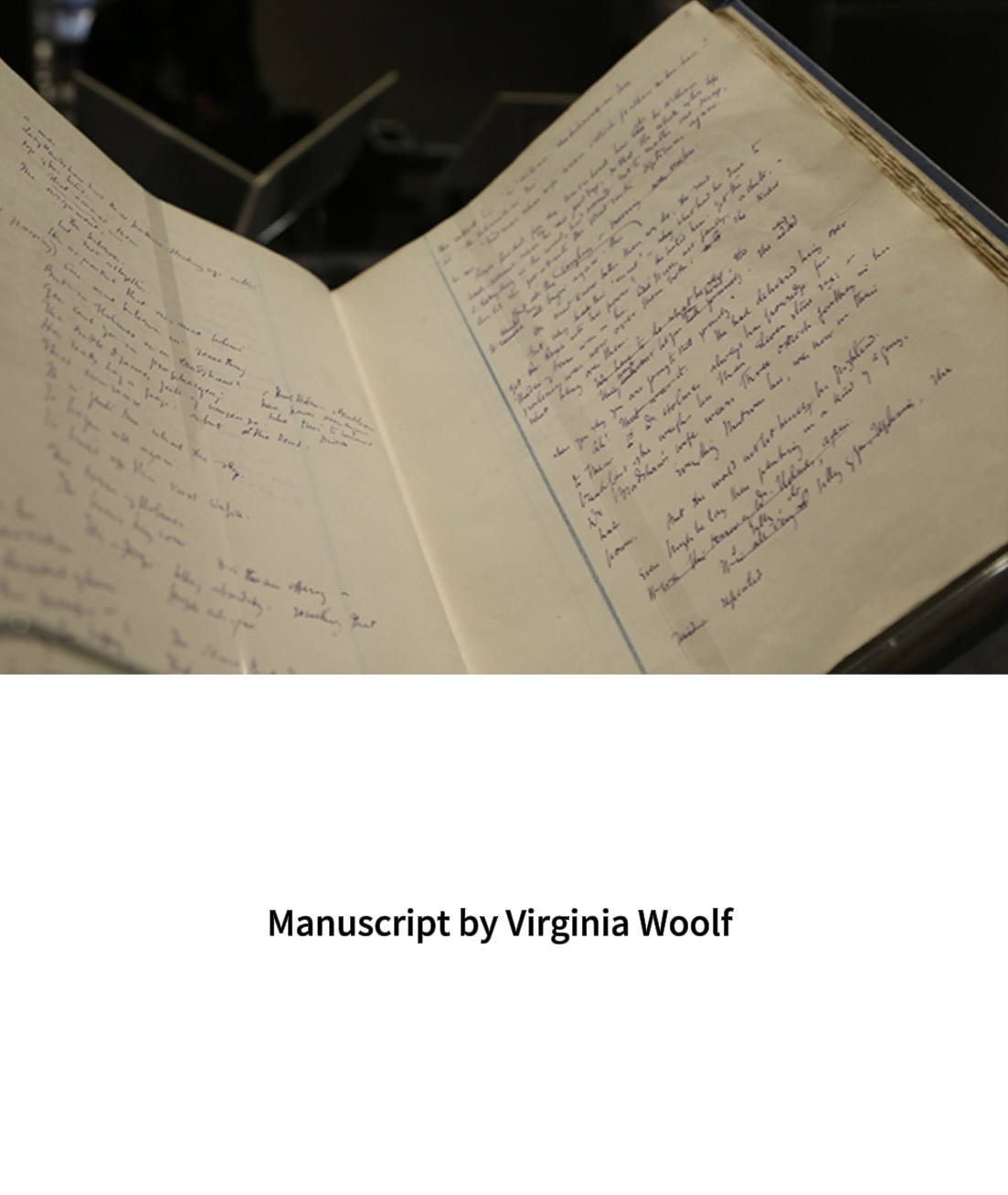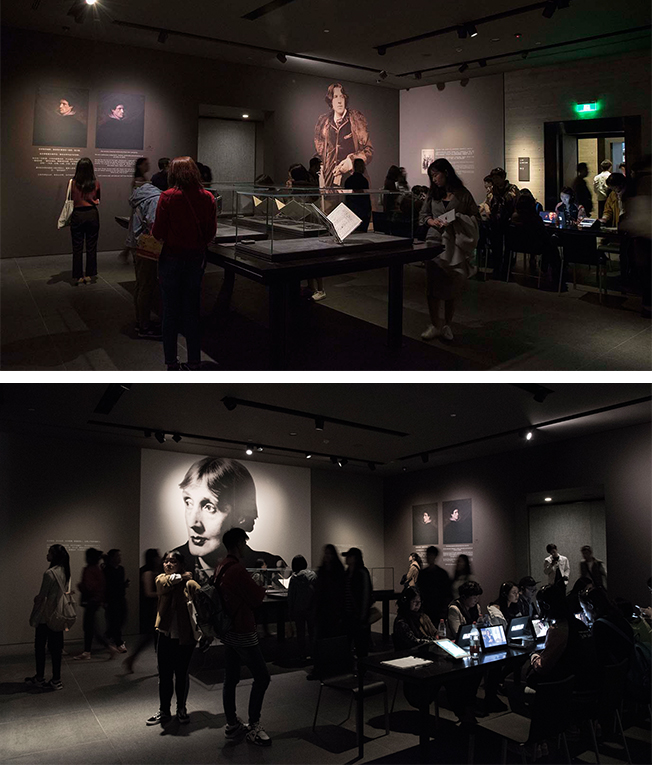Duration: 15th October 2017 - 14th January 2018.
Venue: Mu Xin Art Museum in Wuzhen
Mu Xin (1927-2011) was an ardent admirer of English poetry, drama and fiction and the exhibition features original manuscripts – loaned by the British Library – of four of his favourite writers: Lord Byron, Charles Lamb, Oscar Wilde and Virginia Woolf.
These rare and valuable manuscripts are visiting China for the first time, as part of a wider three-year programme of cultural exchange, The British Library in China: connecting through culture and learning. This has already seen a hugely successful exhibition of literary treasures at the National Library of China in Beijing, and the launch of a Chinese language website – www.britishlibrary.cn – that features over 200 digitised items and more than 70 interpretive essays, including the items and authors featured at the Wuzhen exhibition and themed articles on Mu Xin and English literature.
The exhibition at Mu Xin Art Museum will coincide with the 2017 Wuzhen Theatre Festival and includes:
• The original 1923-24 manuscript of The Hours by Virginia Woolf (published subsequently in 1925 as Mrs Dalloway)
• Handwritten manuscript of Lord Byron’s poem Love and Gold
• Typewritten and extensively corrected manuscript for act one of Oscar Wilde’s play
Lady Windermere’s Fan
• Original letters from Charles Lamb, co-author of Tales From Shakespeare, a book which was instrumental in popularising Shakespeare’s works in China
Mu Xin was a passionate reader of all these authors and wrote at length on them and their works. He described Byron as “the strongest voice in human civilisation [...] against authority and for freedom, absolute freedom of the individual.”
Of Charles Lamb’s impact on him as an adolescent he wrote: “it was love at first sight.” Writing about Irish author Oscar Wilde he could be more ambivalent: “Wilde was indeed a wit, sharp and eloquent. At times, however, I want to say to him: ‘Do not say too much. The more you say, the more mistakes you make.’”
Recalling a lifetime’s reading of Virginia Woolf, Mu Xin commented: “Age really matters. I read her when I was in my thirties, forties, even fifties. In my sixties I understood. I understood where she had been right, and where she had been wrong.”
The Director of Mu Xin Art Museum Chen Danqing said: “It is a pleasure and an honour for the Mu Xin Art Museum to host a display from the British Library, featuring a selection of manuscripts by iconic writers including Lord Byron, Charles Lamb, Oscar Wilde and Virginia Woolf. When Mr Mu Xin was referencing these great authors in his lectures, the idea that their manuscripts would one day find their way to Wuzhen would have been unimaginable. Generations of Chinese readers have admired English literature in its translated form. Now, seeing these original manuscripts in person makes that reading experience much more real and rich. I’m sure these great writers would have loved to meet their Chinese readers.”
Roly Keating, Chief Executive of the British Library, said: “We are delighted to bring these treasures of English and Irish literature to Wuzhen, so that people in China can see for themselves original drafts bearing the very marks of their creation. Through his long career, Mu Xin himself exemplified the breadth and depth of cultural exchange between Britain and China, so it’s doubly appropriate that we are displaying works by four of his favourite authors in the spectacular Mu Xin Art Museum dedicated to his life and art.”
The curator of In Mu Xin’s Words: Treasures of the British Library, Alexandra Ault said: “The manuscripts selected highlight the act of writing and the creative processes of each author. Byron’s Love and Gold shows the poet working intensively on a single sheet of paper, continually turning it to make use of all the available space while crossing out sections before rewriting. The second draft for Lady Windermere's Fan is typewritten and both stage directions and actor’s lines are extensively corrected by Wilde in pencil. It bears the stamp of Mrs Marshall's typewriting office on the Strand, London, showing how often a number of people could be involved in the production of a manuscript. These four exciting items bring to life the production of literature and place famous plays, stories and poems into three- dimensional creative spaces.”




